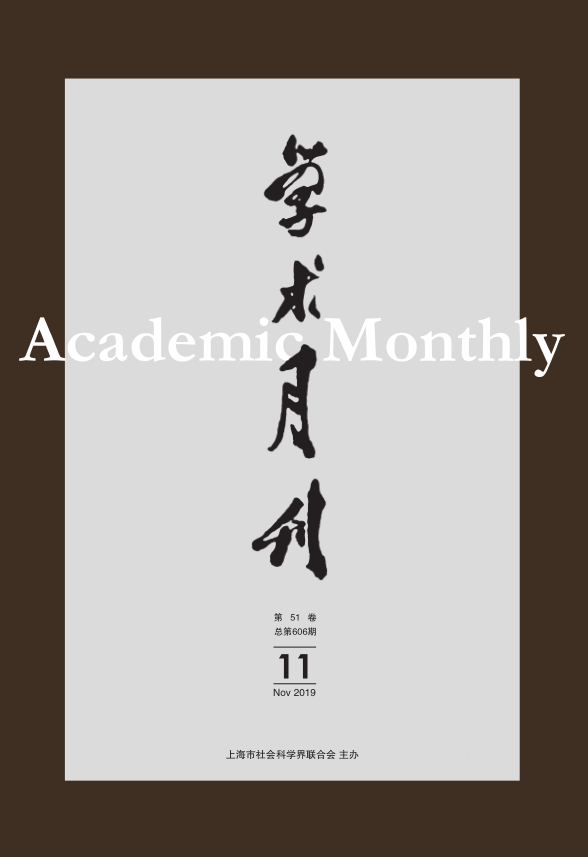The Philosophical and Aesthetic Foundations of Chinese and Western Fiction
- Available Online: 2019-11-01
Abstract: Fiction studies is now an international subject of research, but studies of fiction theory generally take Western concepts such as mimesis, realism, naturalism and postmodernism as the guiding principle, overlooking non-Western fiction theory and even viewing creative methods that do not conform to the Western counterpart as deficiencies. It is therefore necessary to conduct conceptual inquiries into Chinese fiction and its philosophical and aesthetic foundations. This article intends to examine the conceptual issues of Chinese and Western fiction from a comparative perspective in the context of world literature and probe into the aesthetic foundations of fiction in both traditions. After a comparative study of the aesthetic bases of Chinese and Western fiction, it proposes that fiction aesthetics is a poetic expression of philosophy. In the Chinese tradition, it is the poetic expression of the Tao in the dimension of linguistic art while in the Western tradition, it is the poetic manifestations of the "Form" in Greek philosophy and its variant ideas made possible by mimesis. In both traditions, it is a narratological existence that fuses history, philosophy, and poetry.



 沪公网安备 31010102003103号
沪公网安备 31010102003103号 DownLoad:
DownLoad: